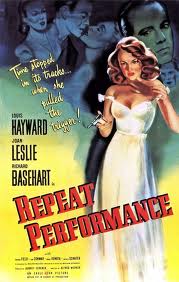 The Noir City Film Festival and Film Noir Foundation President Eddie Muller will return to Seattle Feb. 22-28 at the Seattle International Film Festival. Eddie will present a selection of films culled from San Francisco’s Noir City 11 including 35mm prints of the FNF’s most recent restorations: “Try and Get Me!” (1950), “Repeat Performance” (1949) and “High Tide” (1948).
The Noir City Film Festival and Film Noir Foundation President Eddie Muller will return to Seattle Feb. 22-28 at the Seattle International Film Festival. Eddie will present a selection of films culled from San Francisco’s Noir City 11 including 35mm prints of the FNF’s most recent restorations: “Try and Get Me!” (1950), “Repeat Performance” (1949) and “High Tide” (1948).
There is also a night of African-American noir, including a screening of Richard Wright’s “Native Son” (1951), starring the author. The week winds up with a night of 3-D noir, pairing two of the first 3-D movies of 1953, “Inferno” and “Man in the Dark,” both digital restorations.
Additionally, the FNF and the American Cinematheque will combine forces for Noir City: Hollywood, the 15th annual festival of film noir, which runs April 5-21 at the Egyptian Theatre. Organizers say the lineup includes the FNF’s most recent restorations and several titles never before screened at a Noir City festival.





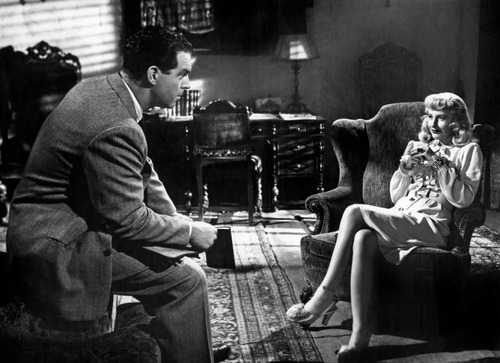
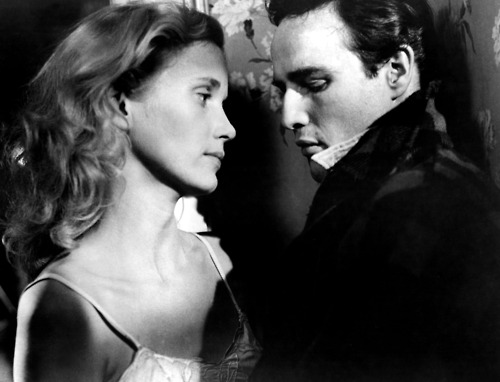
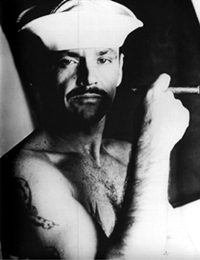

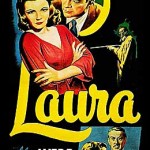
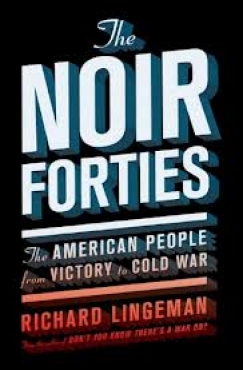
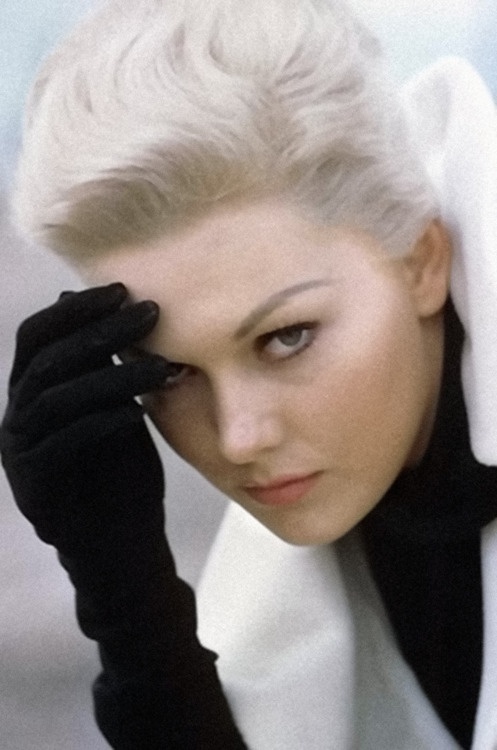
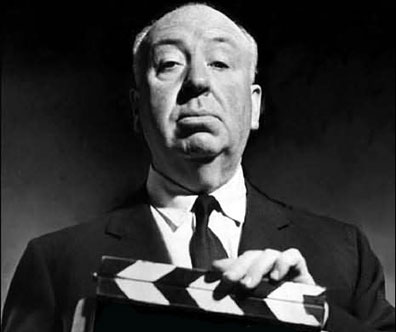
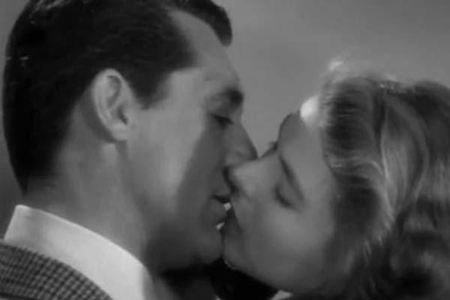

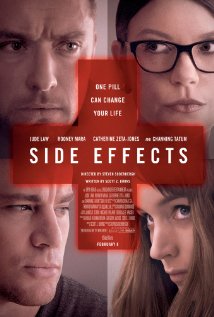
![leemarvin_390[1]](http://www.filmnoirblonde.com/wp-content/uploads/2013/02/leemarvin_3901.jpg)
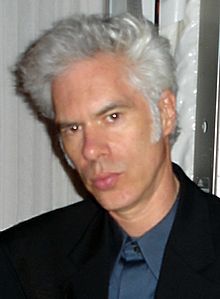





From FNB readers